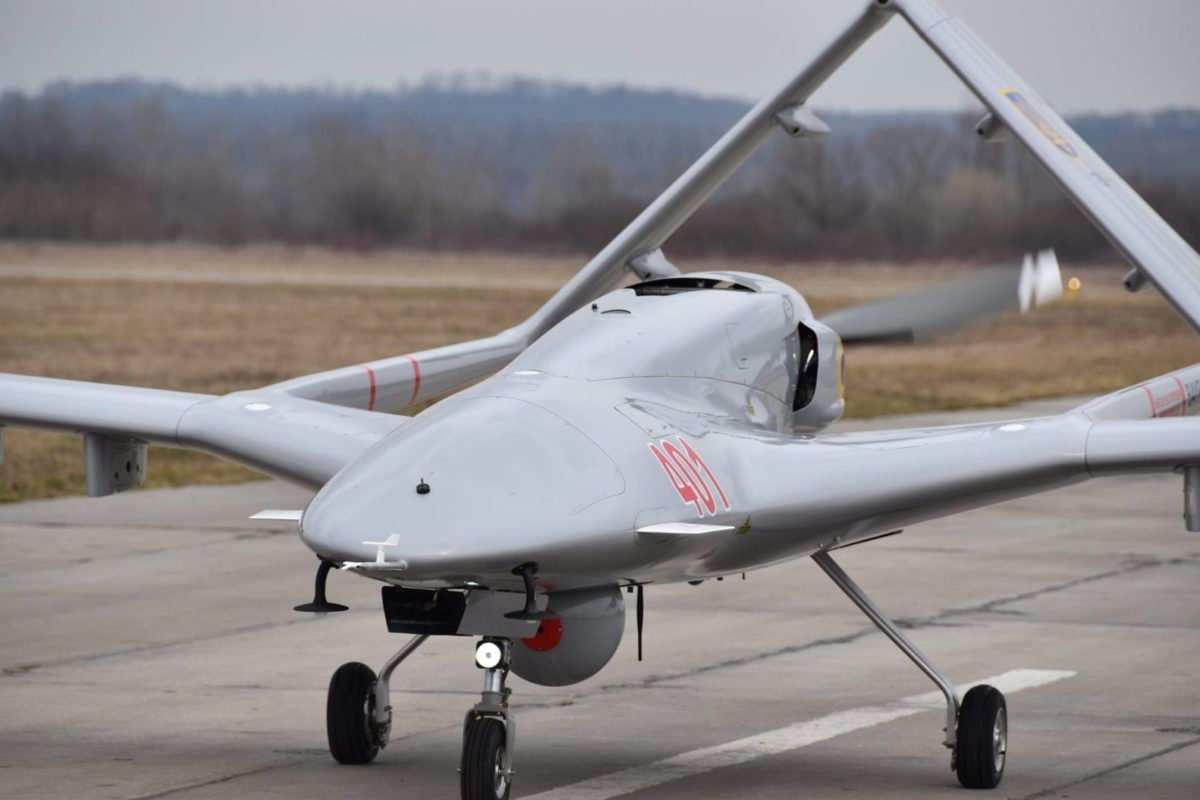Kim Jong Un only wants talks under terms and conditions that don’t require him to democratize or scuttle his nuclear weapons program, a former top security adviser to the Republic of Korea’s president said Wednesday.
Speaking at the Center for Strategic and International Studies (CSIS), a Washington think tank, Chun Yung-wo said the North Korean leader is pursuing a two-track policy — economic development and nuclear armament.
“He’s making progress” in both areas despite sanctions levied against the regime over its ballistic missile and nuclear weapons programs, he said.
North Korea is believed to have between 20 to 100 nuclear weapons, a number below Pakistan’s stockpile. It also has been identified as a nation willing to proliferate weapons’ technology — as it tried to do with Syria.
Stephen Bosworth, a former senior representative for Korean policy in the State Department, said one reason sanctions have not had made much effect on the regime is that the nation lacks a middle class — the sector of Iran’s population hardest hit by the sanctions imposed on Teheran by the United States — European Union and the United Nations.
While there were “two brief periods of success” in 1994 and in 2005 in negotiating with the North Koreans over nuclear weapons, he described the relationship between Washington and Pyongyang as one of “unrelenting failure” with the “principal culprit on the Korean Peninsula [being] North Korea.”
In the mid 1990s and 20 years later, Robert Gallucci, former special envoy for nonproliferation in the State Department, said the question U.S. administrations were asking themselves was: “Could we have a relationship with them?… [but] we don’t know what the North Koreans want now” or then but regime survival. For its part the United States dropped the ball when it didn’t follow through for years with North Korea after achieving a basic framework for later negotiations, he said.
Later negotiations did take place with Russia, China, Japan and the Republic of Korea also taking part, but they led nowhere.
Christopher Hill, who led the negotiations in 2004 as an assistant secretary of State, said, “The problem was [the Bush administration] didn’t replace [the basic framework] with anything” when it came into office. He added before walking away from any future talks the United States “better think in terms of what’s you’re going to replace it with.”
After re-engaging the Republic of Korea, Hill said, the first step in the 2004-2005 negotiations with the North Koreans was to “shut down the plutonium program” and then “to keep the door open [for later talks] on uranium enrichment” that could be used in a weapons program.
The goal was to “edge people in the right direction.”
But in the end, “North Korea never gave us the verification” the United States and others wanted that it was ending its nuclear weapons program.
When the Obama administration expressed its interest in new talks, North Korea embarked on a program “to make sure everyone understood that the United States was the enemy” by testing ballistic missiles and nuclear devices.
Two myths surround North Korea, the panelists agreed. They are the regime is going to collapse and that China singlehandedly can change its behavior.
While the Chinese “are tougher to North Korea,” especially when it affects Beijing’s strategic interests, Chun said he “didn’t think they are willing to use the leverage they have to push North Korea to change its behavior.”
While North Korea’s leader has yet to make a state visit to China, Chun said relations between Seoul and Beijing are improving. Hill said the Chinese now see that the Republic of Korea “can be a good neighbor.”
As for imminent collapse, Bosworth said the better approach is to learn “to deal with it as is.”
Gallucci added when it comes to North Korea China’s and the United States’ “interests are consistent but not congruent.”
When asked about North Korea’s hacking of Sony Pictures, Chun said, “Most people don’t understand why North Korea is so good at that.” The reason he said were the extremely limited opportunities available to its most talented scientists and engineers outside of working for the state either in the nuclear program or the cyber program.





